Dispatches from the front lines of trauma healing.
I’ve been writing about trauma healing, PTSD, CPTSD, and wellbeing for almost 15 years, exploring what it means to be a high-performer making impact in the world — without sacrificing health or happiness.

21 Signs of Unresolved Sexual Trauma (that You Can Heal)
Often, unresolved sexual trauma is held in the body by layers of tension and fear. The body doesn’t want it to escape because it fears the traumatic imprint might affect our ability to function. We keep it — and ourselves — on lockdown. Consciously or unconsciously, we push it out of awareness.

The Taboo of Healing with Pleasure
This is what so much trauma healing work gets wrong. It's not about intensity — it's about rewiring the body and mind towards goodness and pleasure. And the number one, most overlooked, yet scientifically proven way to move forward is through pleasure.

The Reality of Post-Traumatic Growth
Once we learn the skills to navigate and heal our trauma, we have the ability to do so for the rest of our lives. As time progresses, we see how we're able to meet life's challenges. These are new skills that we didn't have before, and they bring a multitude of blessings to our lives.

The Sacred “No”
Our “no” is something that belongs only to us, as we choose what we accept and allow in our lives. Our “no” sets a boundary. And we have the choice to put boundaries around everything that matters of us – our bodies, our energy, our attention, our time, and more.
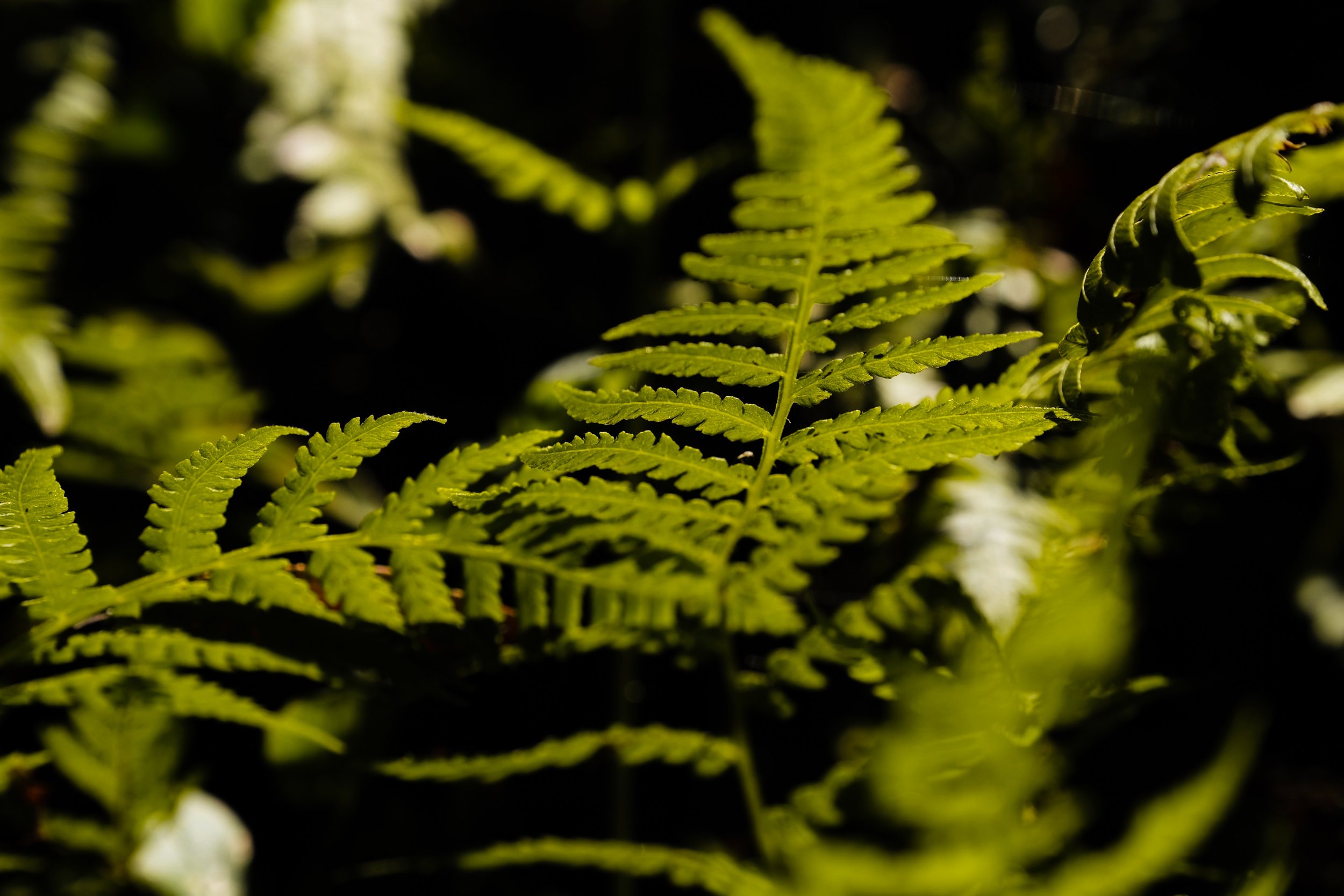
The Myth of Productivity (and What to Do About It)
Productivity makes us think we're getting ahead, when really we're on the fast-track to burnout. When we overwork, we run our immune systems into the ground. When we don't give our bodies the necessary time to rest and relax, our short-term physical, mental, emotional, and sexual health suffers.
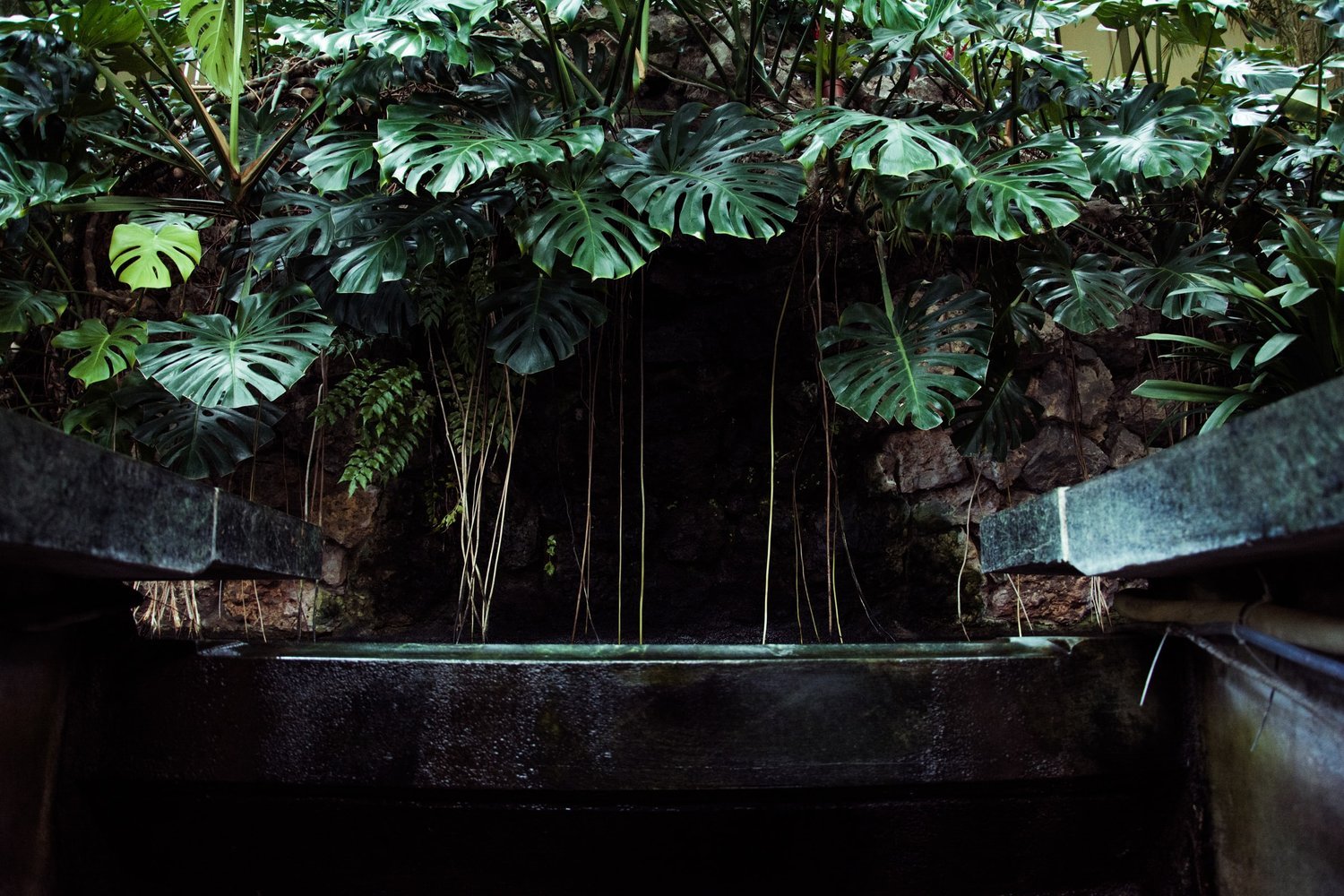
Trauma and Intimacy
We often try to push through a freeze response with numbing or mood-altering activities. But trying to push through is one of the worst things we can do with unresolved trauma. Pushing through a freeze response risks retraumatizing us and it just makes things worse.

The Antidote to Trauma
Pleasure is the single most effective tool for gently and effectively resolving trauma. It forges new neural pathways that connect the thalamus (a sensing part of the brain) to the neocortex and helps us to literally feel again.

Foundational Trauma Skills for the Body (Part 2)
When we know how to navigate trauma when it arises, in ourselves or others, we become more powerful and effective leaders. We know how to stay present when others are suffering, and how to help them with tools that work. We gain people's trust because we know how to respond.
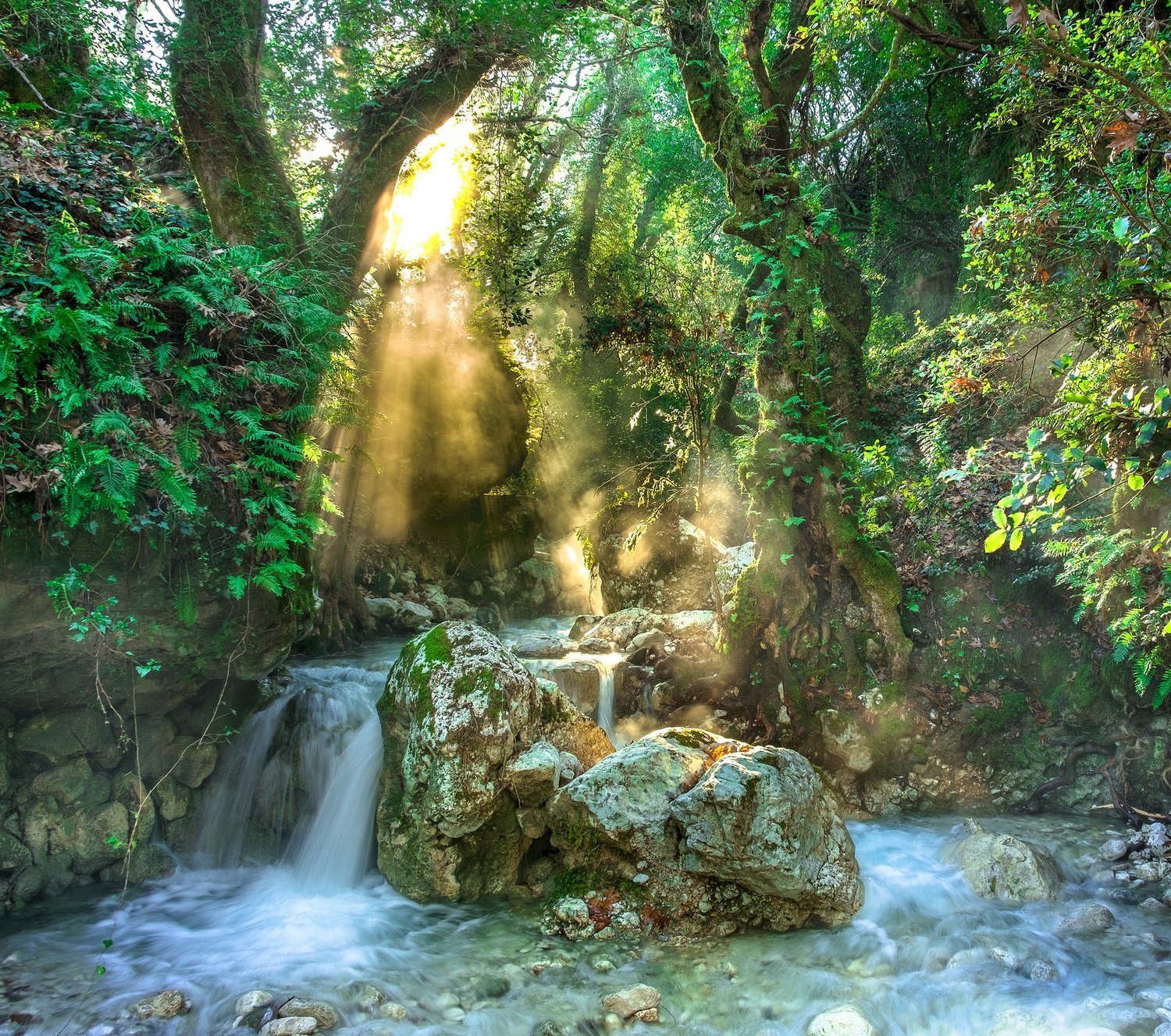
Foundational Trauma Skills for the Body (Part 1)
It sounds counterintuitive to go towards the trauma when your body, mind, and emotions are screaming at you to run away. But by learning to sit with what is already here, bit by bit, we gently befriend our responses and learn to tend attentively to our own needs. It’s an intrinsically healing process.
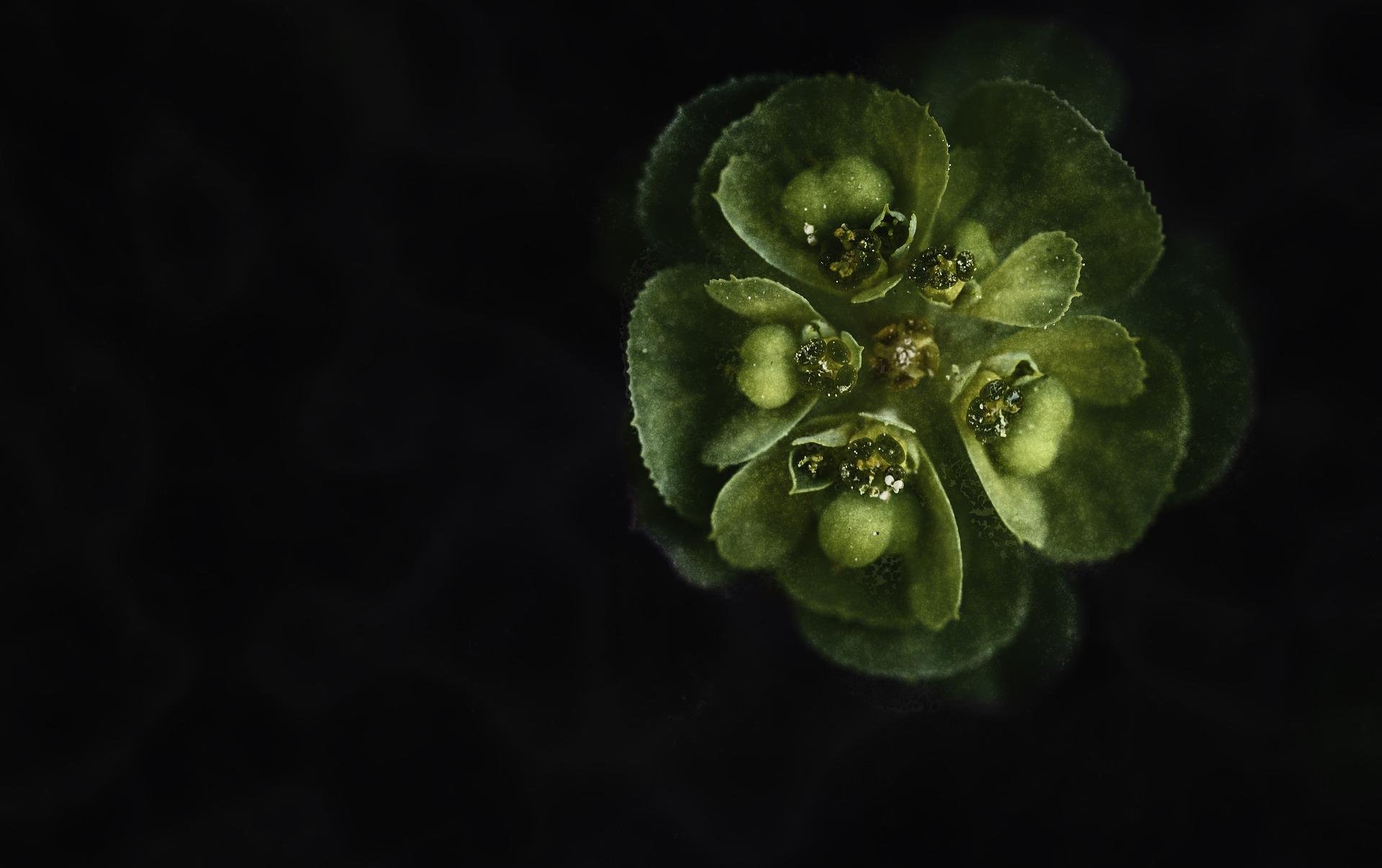
Trauma and the Body
Trauma happens when a person is overwhelmed and responds with intense fear, even terror, and feels helpless. Trauma is an intense experience for the body, especially the nervous system. The state of being overwhelmed is highly uncomfortable and takes a lot of energy to process.

Escaping Hypervigilance
Hypervigilance is a state of high alertness that never stops. People who experience hypervigilance can't relax or let their guard down. We don't feel safe because we believe that at any moment, something bad is about to happen.

The Two Types of Trauma (and Why to Know the Difference)
Learning about trauma is like learning about gravity. Some things are so simple that once you learn them, it's hard to remember how you saw the world before. For many of us, understanding trauma is like that. It suddenly makes a lot of things make sense.

Numbness Means You Don't Feel Safe
When we think of numbness as part of a stress cycle, we experience more agency in ourselves. When we see it as the body’s survival mechanism, we can have more compassion for ourselves.
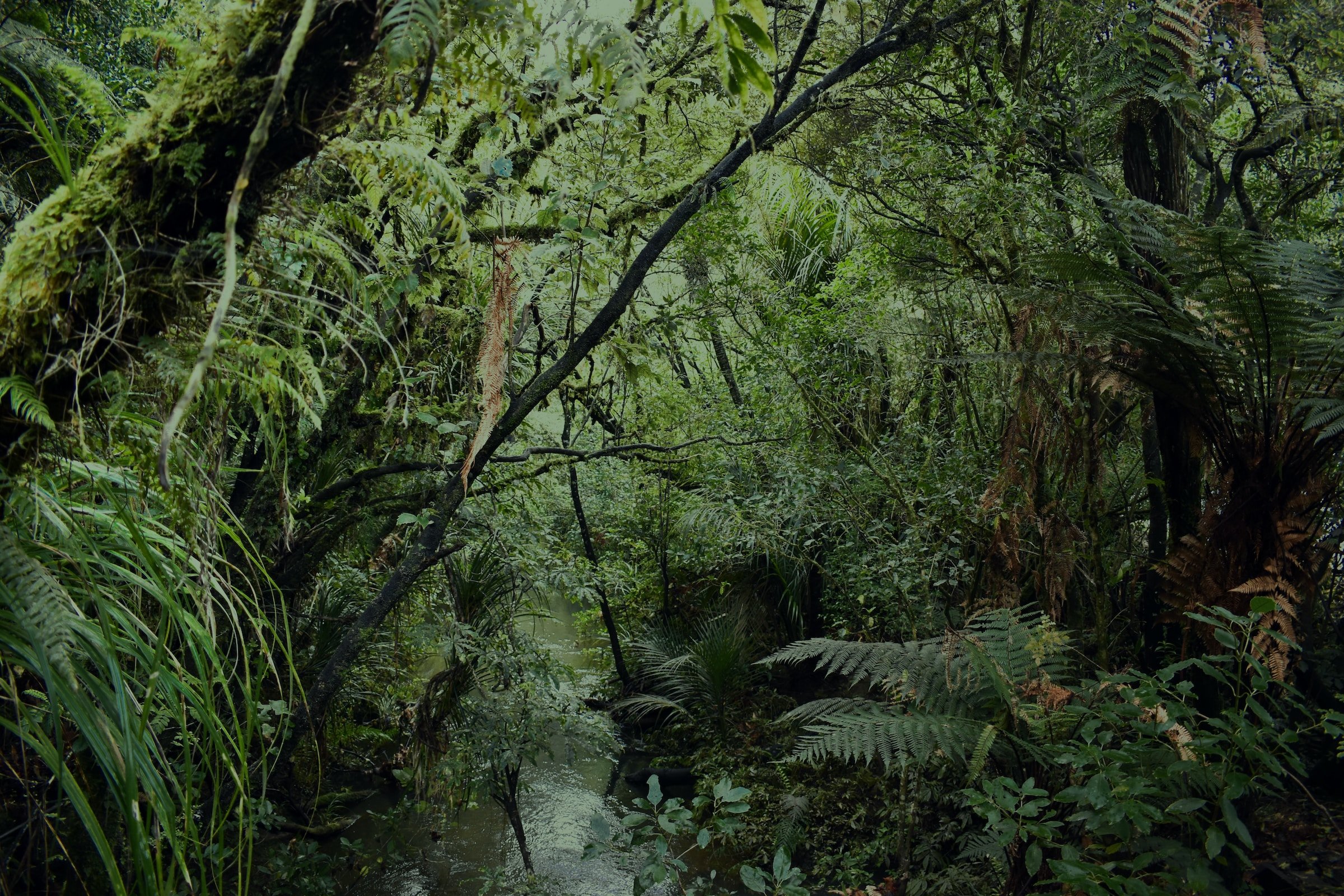
Why Stress Keeps Looping (and What to Do About It)
If you don’t know how to complete the cycle, the stress is going to build and build, until you’ve reached your threshold and collapse with overwhelm. As a leader, unless you know how to complete a stress cycle, you are eventually going to burn out.

The Prison of Optimism
I know that some people make incredible meaning out of their trauma and life's challenges. Some people don’t. No matter what, telling someone in the midst of their process that they should be more positive does not help their trauma.

How to Support Survivors
I crowdfunded and created the Rape Crisis Counseling app, with partners from women's human rights groups around the world. It needed to be an app because I wanted every single person to be able to find out how to support a friend, family member or colleague in the aftermath of sexual assault.

Fear and the False Self
Trauma happens when the body's systems are overwhelmed and get stuck digesting the traumatic experience, so the impact of it stays in the system rather than being processed and discharged. This can be experienced many ways, particularly as fear, which is often described in self-help programs as "false evidence appearing real."

Help with Hypervigilance
Hypervigilance means being overly attentive to your environment because you are afraid something terrible is about to happen. It’s like we don’t want to be surprised by bad news, so we think we can anticipate it. Only, that’s not how it works. Hypervigilance actually does the opposite of protecting us.

The #1 Reason You Shouldn’t Meditate
People with active Post-Traumatic Stress (PTSD) or other types of trauma should not meditate the way that other people meditate. People with active trauma symptoms or who are easily triggered into flashbacks need to create alternative pathways to meditation that work for their brains and bodies.

Post-Traumatic Stress is Not a Disorder
Trauma is simply a stressful event that gets stuck in the brain and body. There is nothing “disordered” or “not in order” about it. It is an orderly, predictable and very natural response to an event. Calling our body’s response to trauma a “disorder” creates shame and keeps our options in the shadows.

